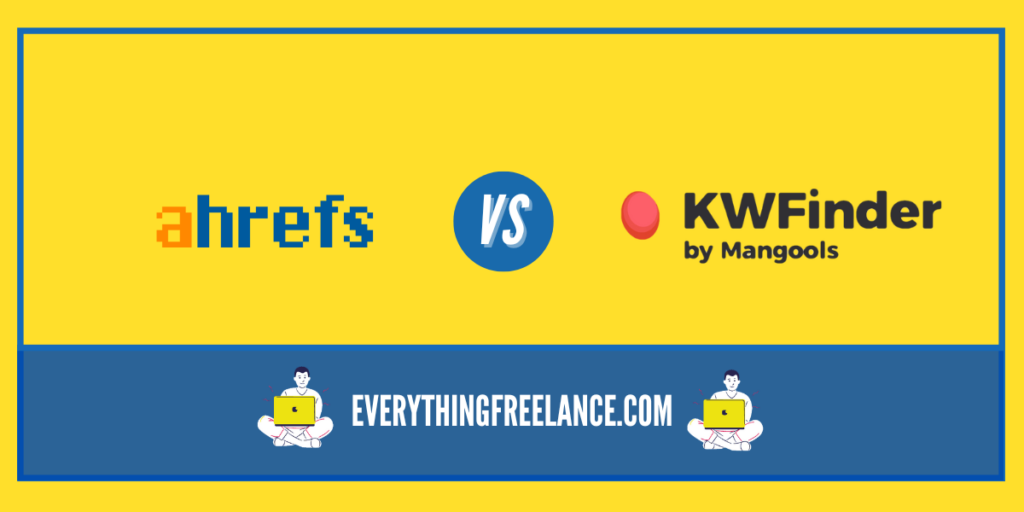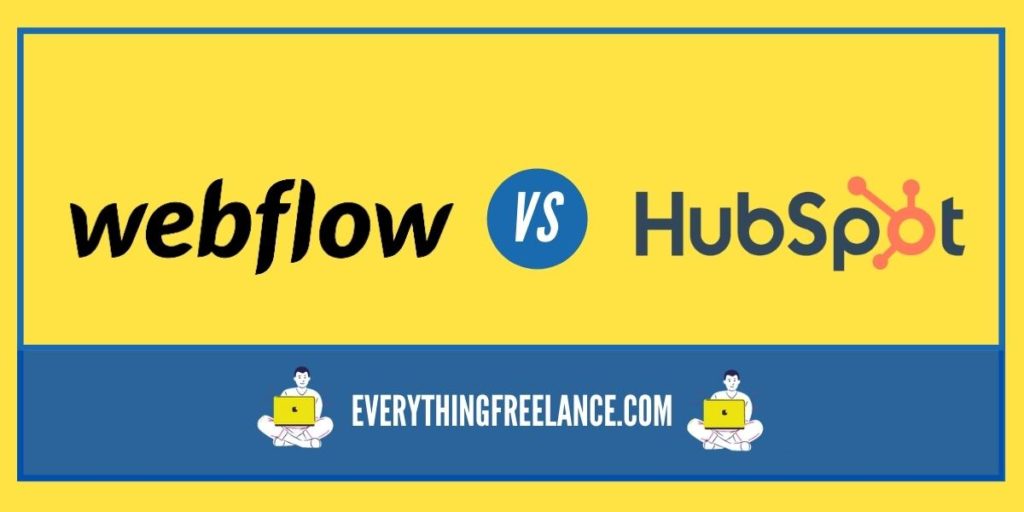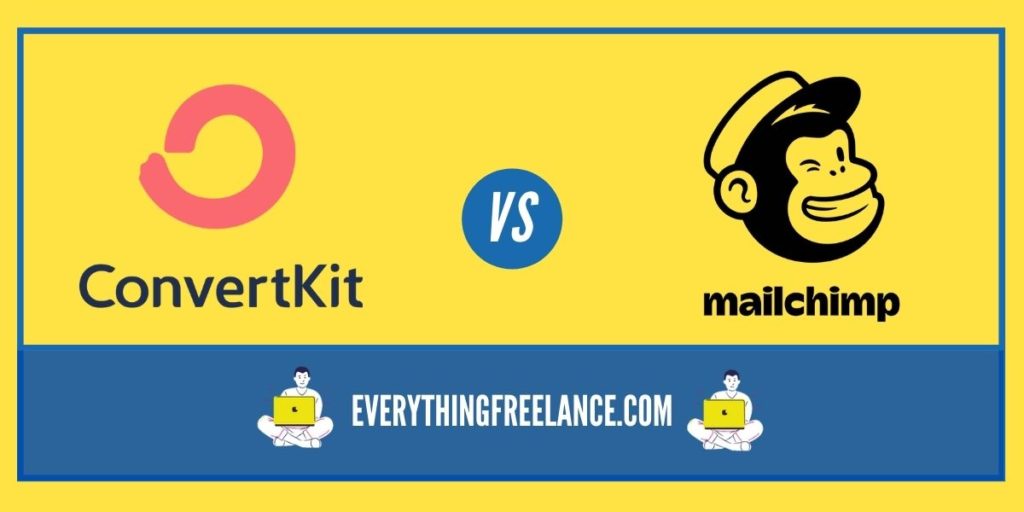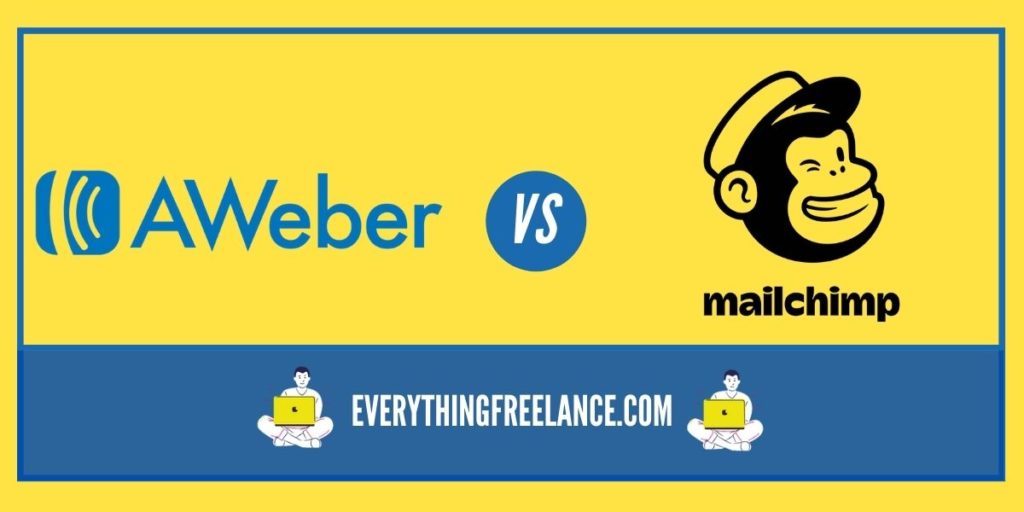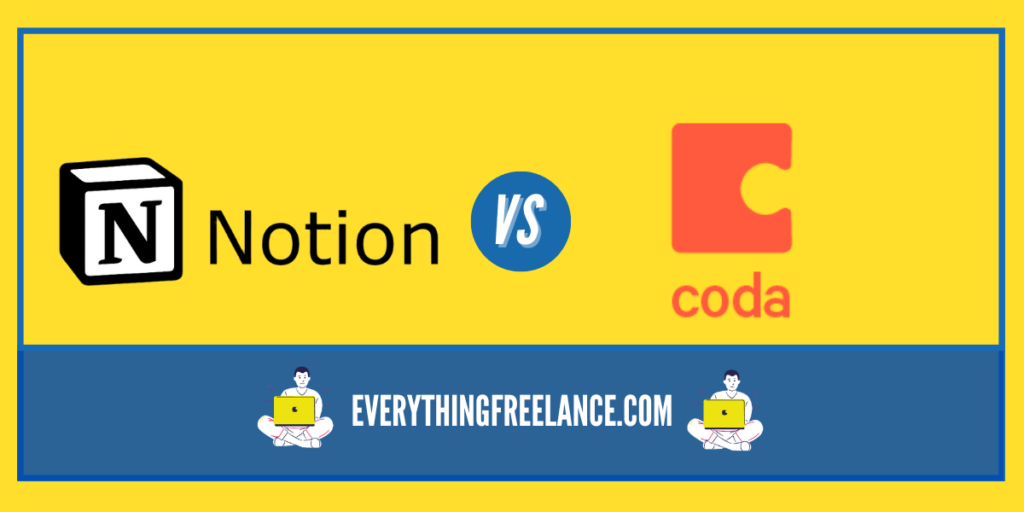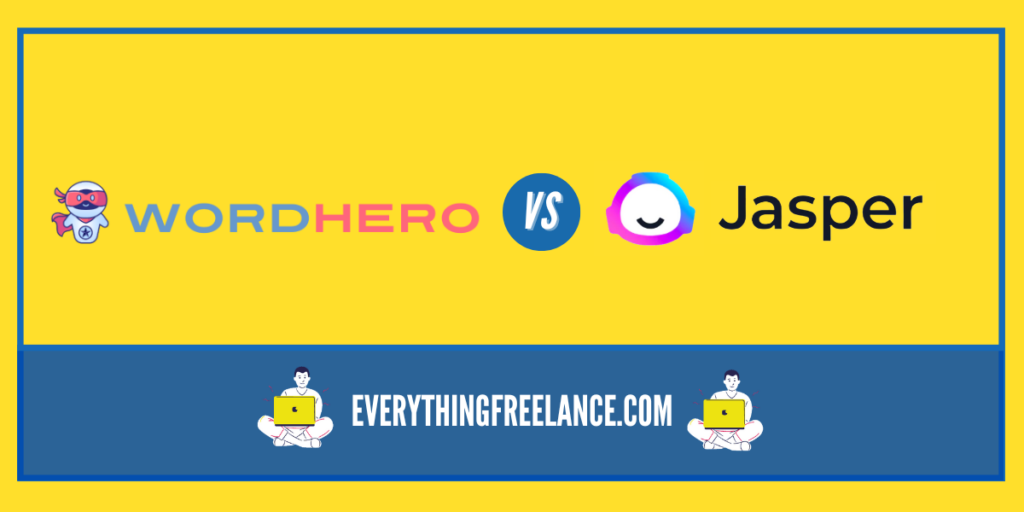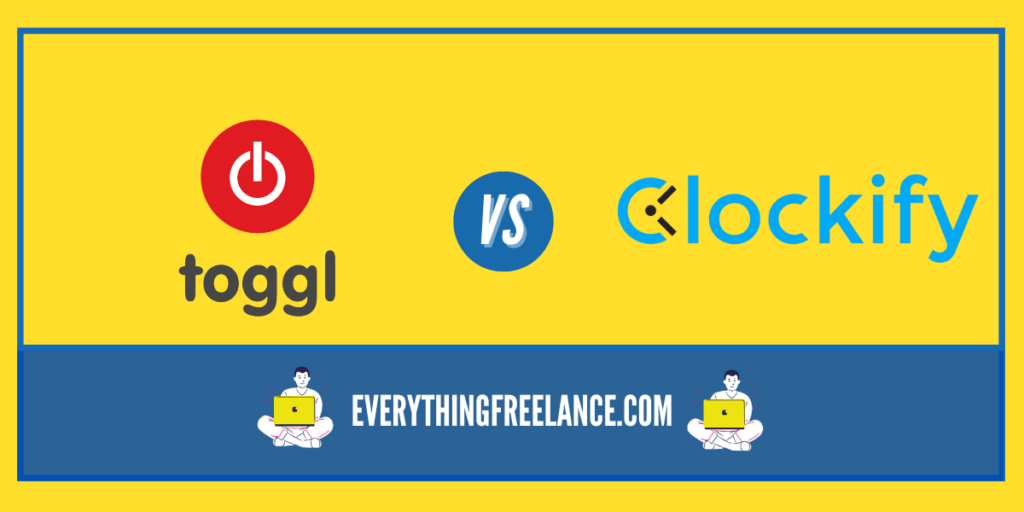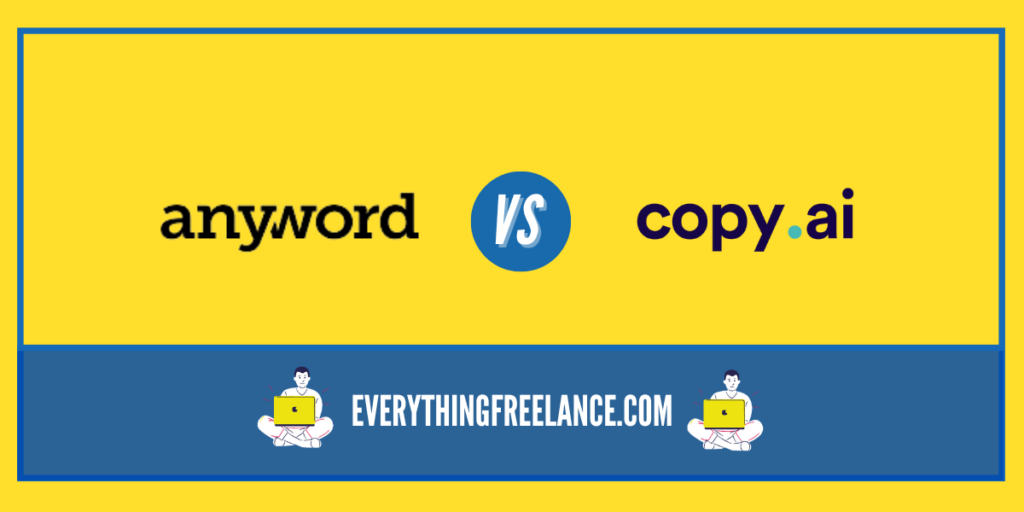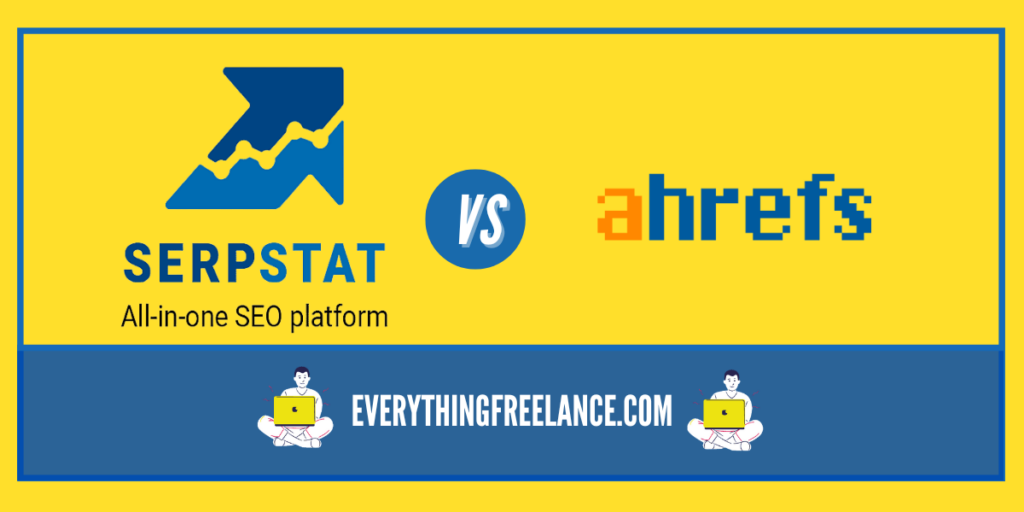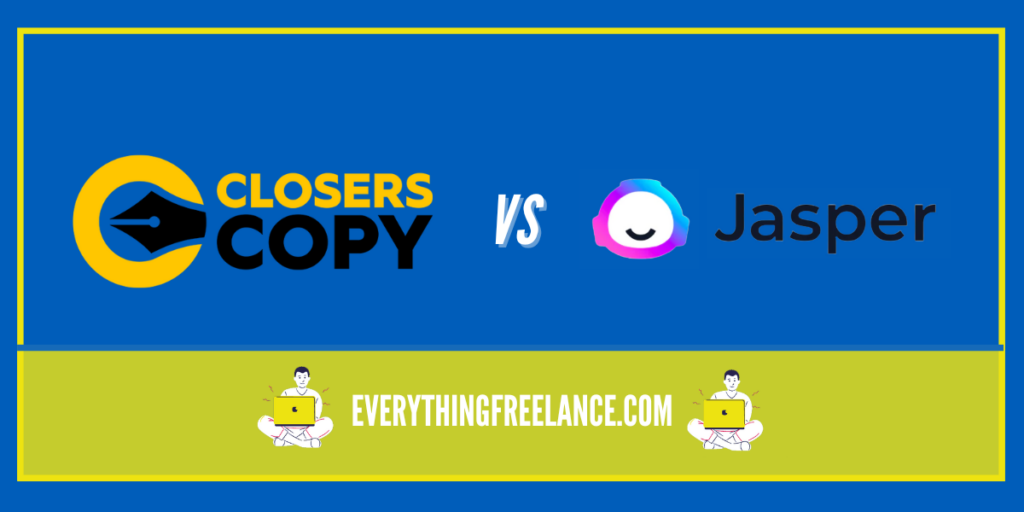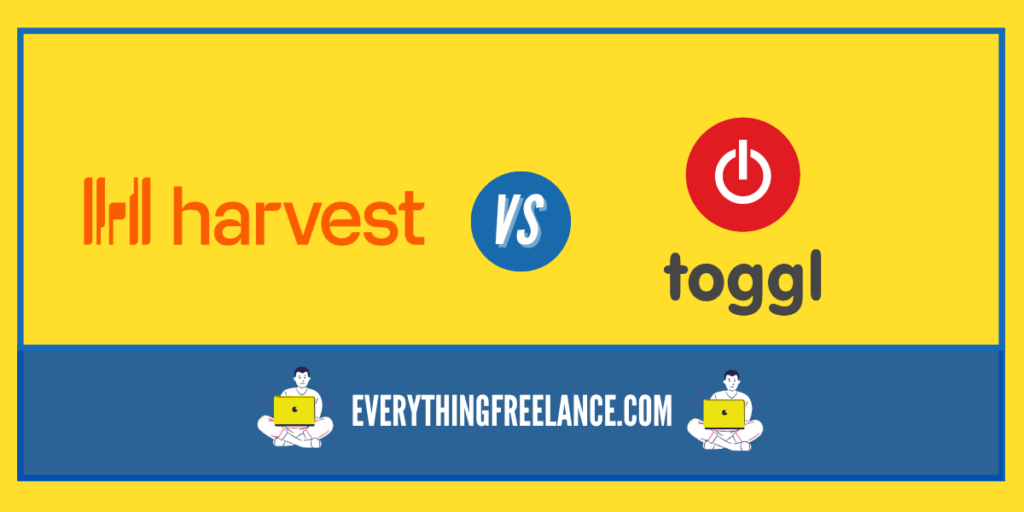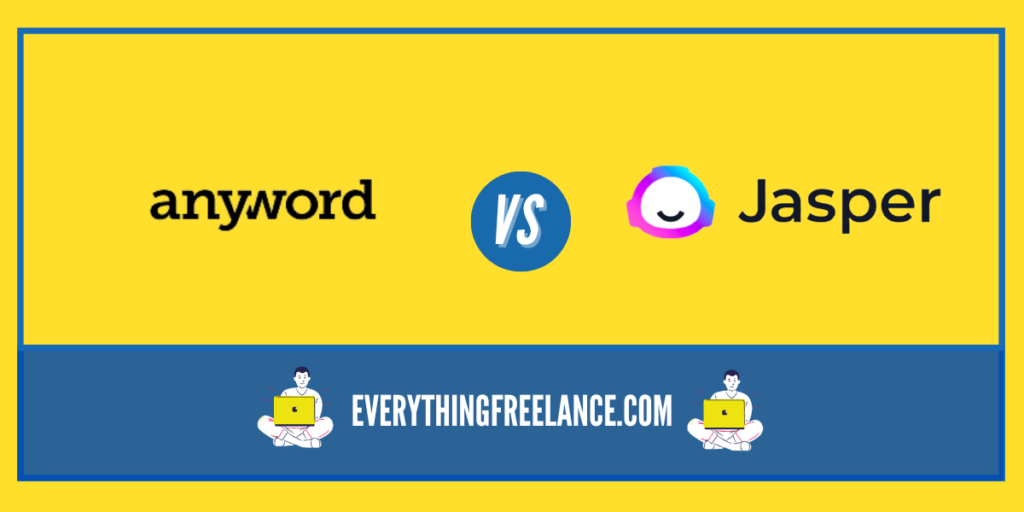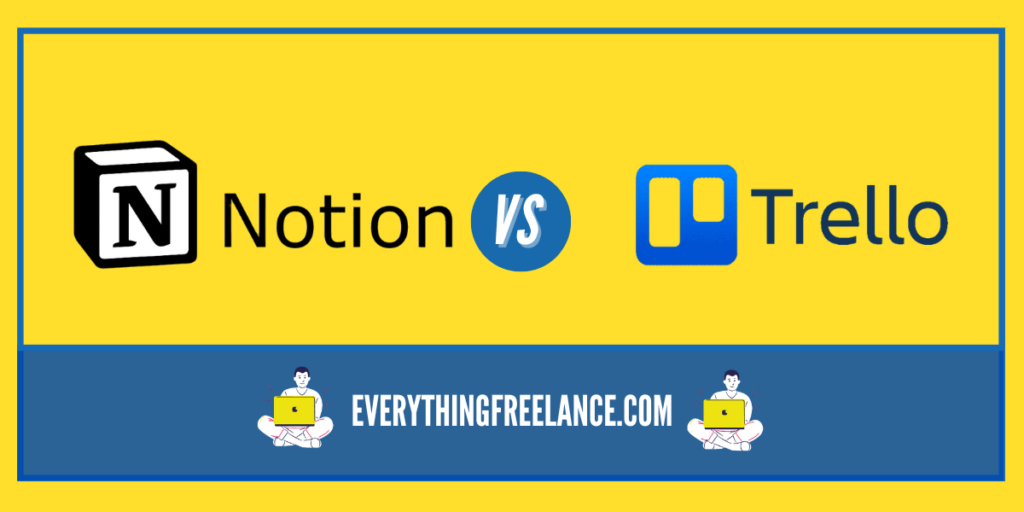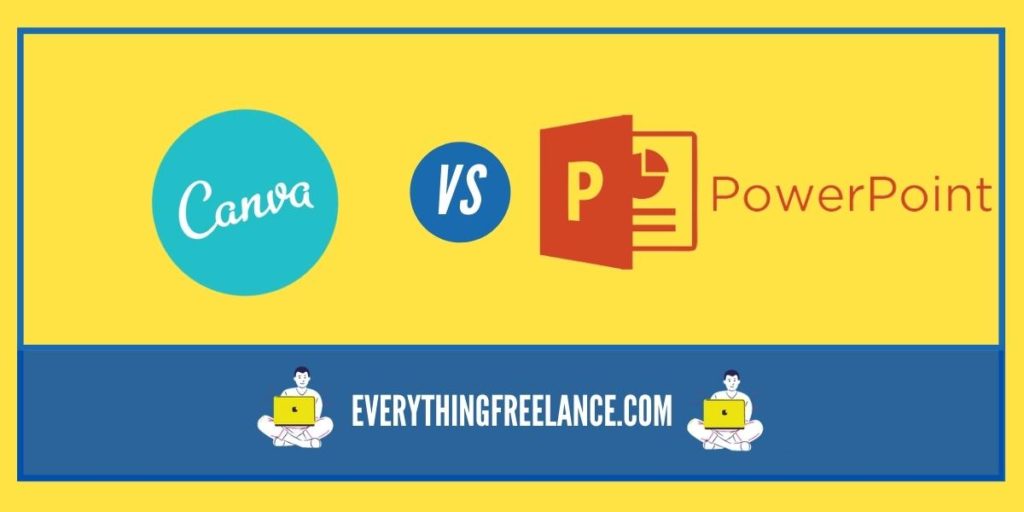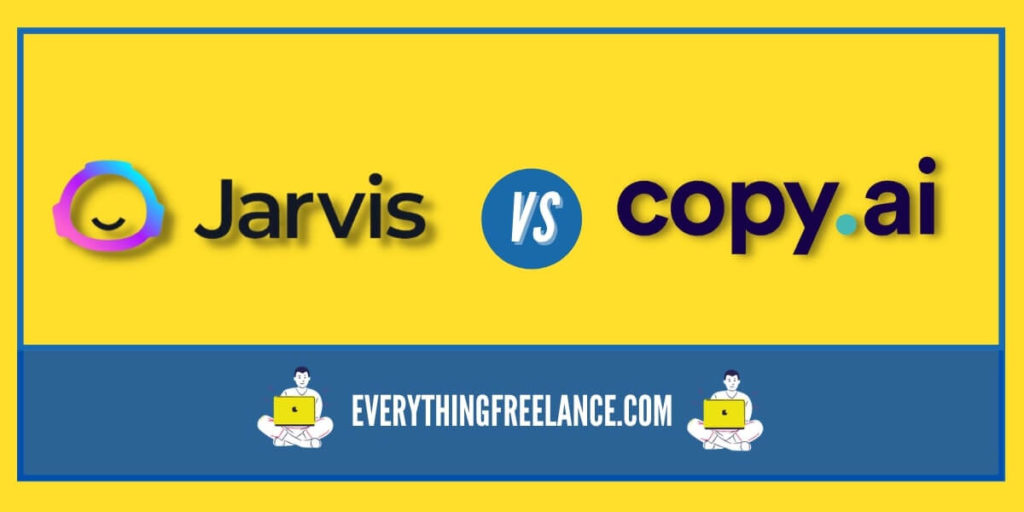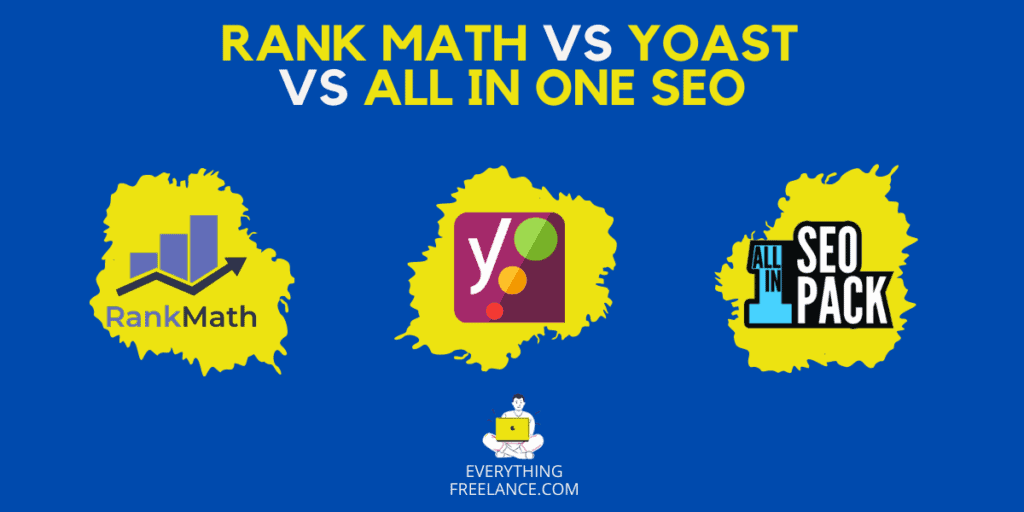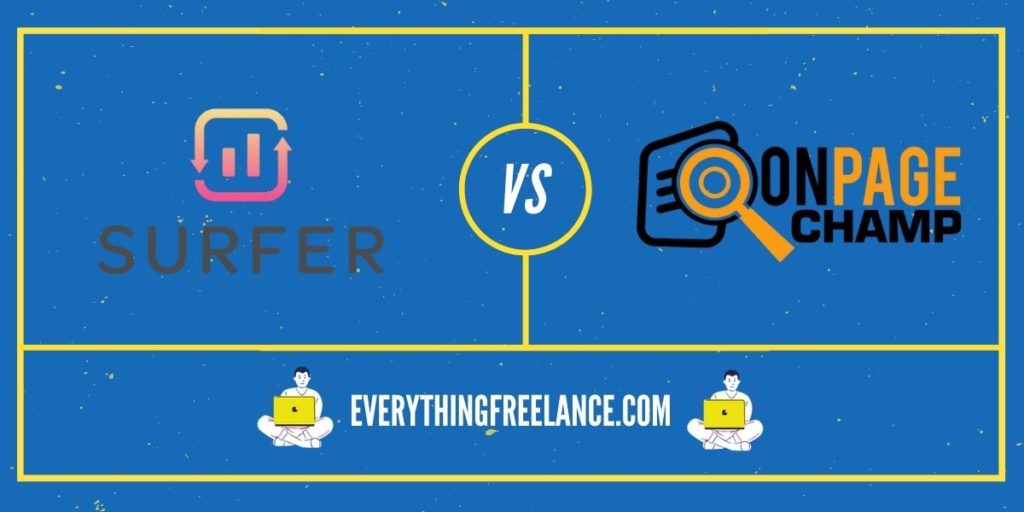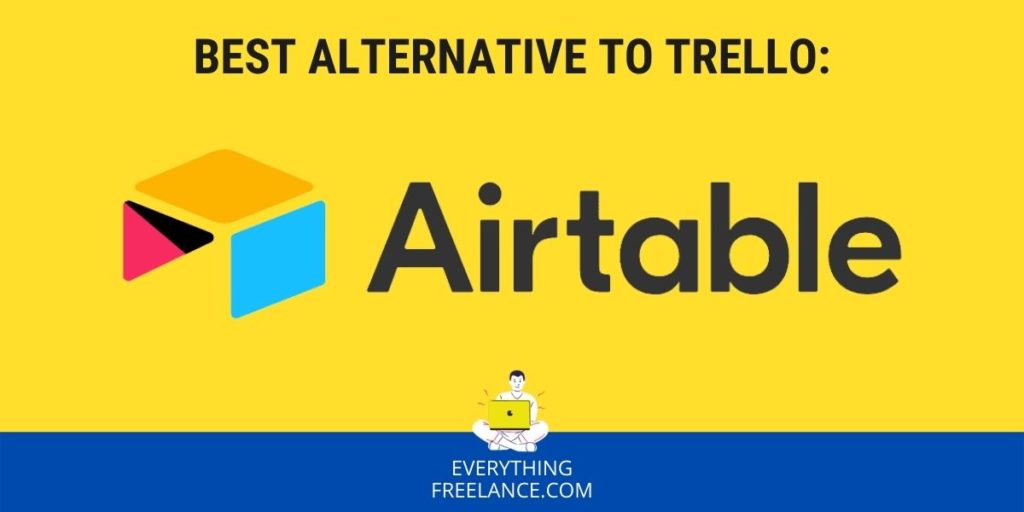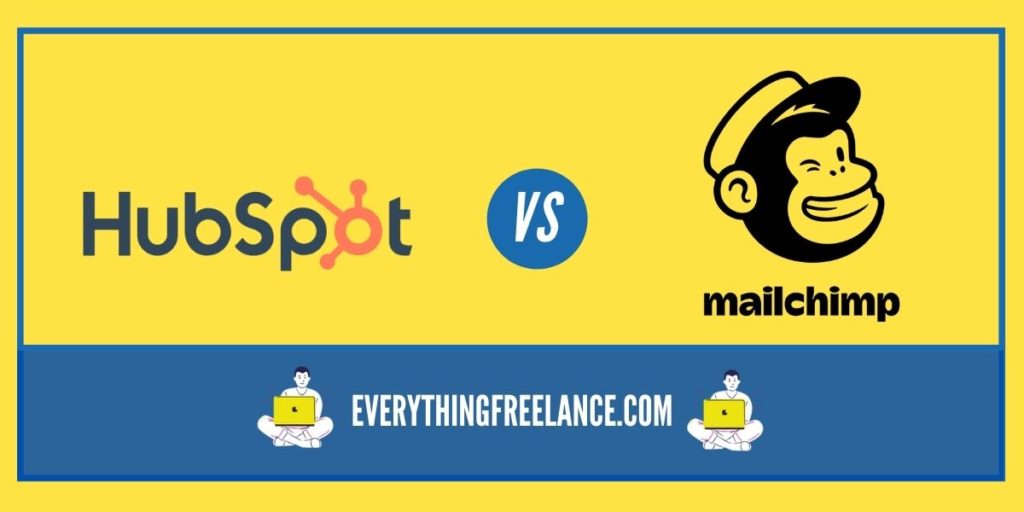To have a successful online marketing strategy, stay ahead of the competition, and improve your online presence, you need to consider competitor keyword research and backlink analysis. You’ll need the right tools to ensure proper keyword research and analysis. Luckily, tons are available online.
In this article, we will look at two of the most popular keyword research tools—Ahrefs vs KWFinder—to help you decide which is best for your needs. We’ll compare features such as pricing, accuracy, usability, and more so that you know exactly what each tool offers before deciding which one to use for your website’s keyword research needs. So let’s get started!
Overview of Ahrefs vs KWFinder
When it comes to SEO and digital marketing, Ahrefs vs KWFinder are two popular options that offer powerful features to help businesses stay ahead of the competition. In the below sections, we’ll go over both tools in short.
Ahrefs Overview

Ahrefs is a comprehensive SEO tool and analytics platform that helps you maximize your website’s visibility and backlink authority. It was founded in 2010 by Dmitry Gerasimenko, who wanted to bring the power of data-driven decisions to web-based businesses. With Ahrefs, you can track competitors’ backlinks, keyword rankings, and website traffic and conduct detailed SEO audits of your website.
Ahrefs provides powerful keyword research tools like its Keyword Explorer, which allows you to quickly discover new keywords related to any topic. Also, this tool provides comprehensive link analysis capabilities, including backlink analysis and competitor or influencer tracking.
Digital marketers, SEO professionals, bloggers, and content creators use this tool the most due to its comprehensive feature set and intuitive user interface. It’s also great for agencies and small businesses looking to manage their online presence without hiring an expensive team of experts.
KWFinder Overview
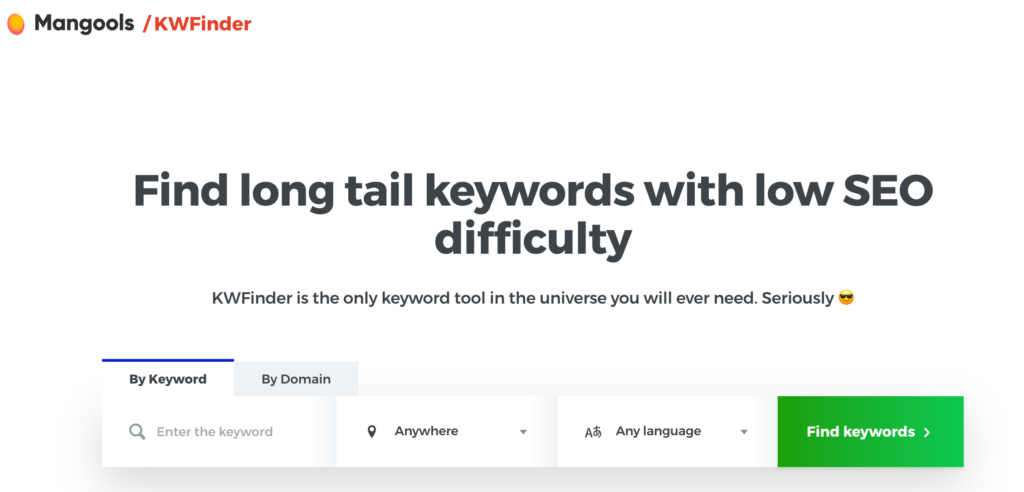
KWFinder is a popular keyword research tool developed by Mangools software company in 2015. Its idea was to help marketers find long-tail keywords with low competition but high search volumes to improve their SERP rankings efficiently.
Unlike Ahrefs, which focuses on backlink analysis for link-building strategies, KWFinder focuses on keyword discovery through advanced autocomplete technology. This technology suggests thousands of relevant long-tail keywords from Google autocomplete suggestions as well as from other sources like Amazon Suggestions or YouTube Search suggestions.
Ahrefs vs KWFinder: Features Compared
When comparing Ahrefs vs KWFinder, it’s clear both tools offer similar features for tracking website performance, such as backlinks analysis or keyword rank tracking. But, they differ significantly when it comes to discovering new keywords.
Ahrefs includes many functionalities, including a site explorer, keyword explorer, content explorer, and rank tracker. It also has features for backlink analysis, site audit, and competitor research.
Kwfinder, on the other hand, focuses on keyword research, providing search volume, keyword difficulty scores, and related keywords. It also offers a SERP analysis feature that shows the top-ranking websites for a given keyword.
Ahrefs vs KWFinder: Keyword Research Comparison
Ahrefs and KWFinder are two popular options that can help you find the best keywords for your website. Ahrefs offers a wide range of tools, while KwFinder focuses mainly on keyword research.
Ahrefs might be the better choice if you want a comprehensive SEO tool with many features. But if you’re more focused on finding profitable keywords quickly and efficiently, KWFinder may be the way to go.
Keyword Database
When it comes to keyword research, having access to a reliable database is key. Ahrefs boasts a keyword database of over 10 billion and is known for its accurate data, while KWFinder focuses more on long-tail keywords and has a user-friendly interface.
If you’re looking for a comprehensive database and don’t mind a steeper learning curve, Ahrefs is the better option. But if you want a simpler interface and a focus on long-tail keywords, KWFinder could be the better fit.
Keyword Difficulty Score
One of the most important factors in keyword research is the keyword difficulty score, and both Ahrefs and KWFinder provide this metric. However, the way each tool calculates this score may differ.
Ahrefs, for example, uses a complex algorithm that takes into account the number of backlinks and the domain authority of the website ranking for a particular keyword. On the other hand, KWFinder considers the on-page SEO factors such as the title tag, meta description, and content quality.
Keyword Research Tool
Ahrefs is known for its comprehensive SEO toolkit, and its keyword research tool is no exception. With Ahrefs, you can not only find the best keywords for your site, but you can also see how your competitors are ranking for those same keywords.
On the other hand, KWFinder is a more focused tool designed specifically for keyword research. It offers a user-friendly interface and provides comprehensive data on search volume, difficulty, and more.
Ahrefs vs KWFinder: Competitor Analysis Comparison
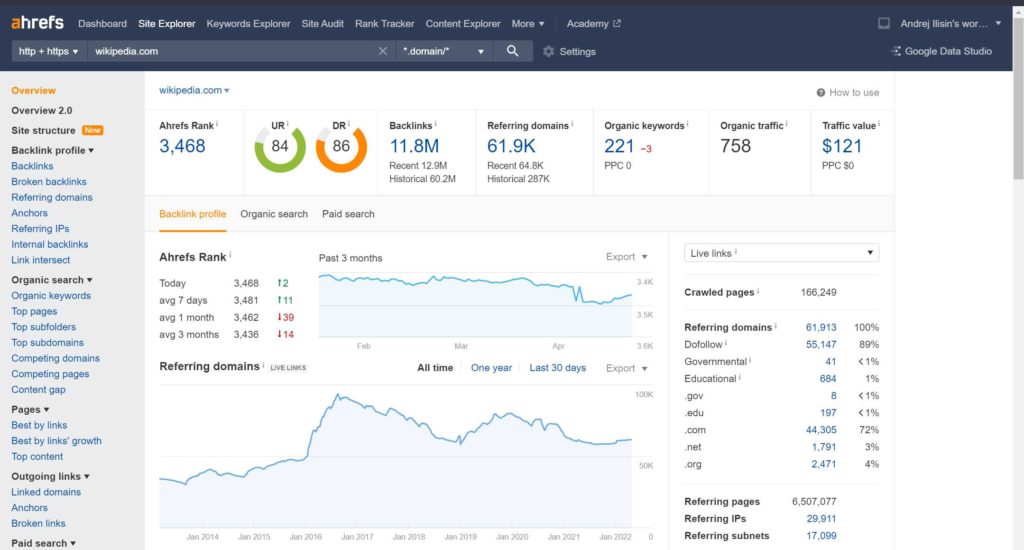
Each of the two tools will help you evaluate the competition and its progress, but it all depends on what you need. Ahrefs provides an in-depth analysis of backlinks and website traffic, while KWFinder focuses on keyword research and analysis.
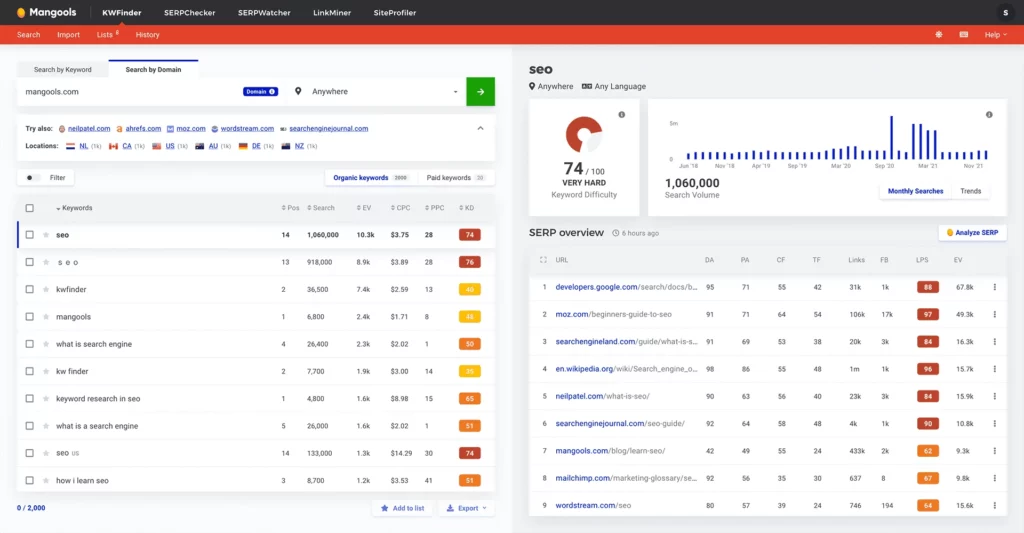
Domain Overview
Ahrefs and KWFinder offer a comprehensive overview of domains, allowing you to view your competitors’ website traffic, backlinks, keyword rankings, and more. As we mentioned, with Ahrefs, you can analyze the metrics related to domain authority, while you can use KWFinder to see your competition’s keyword strategy.
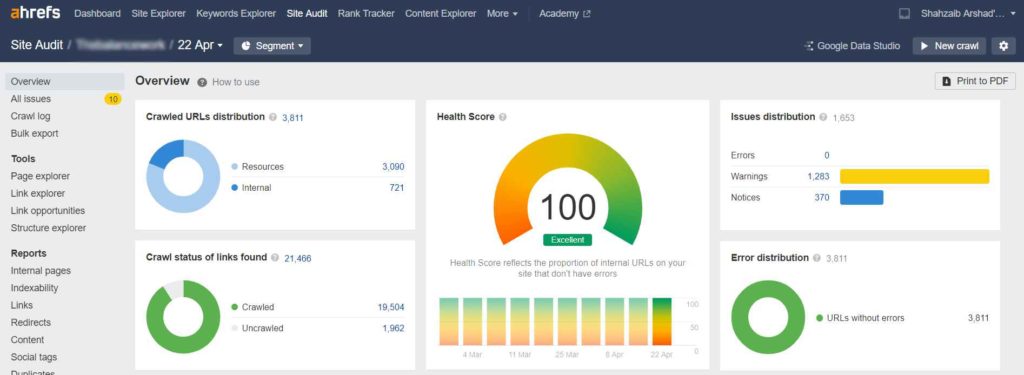
Organic Search Analysis
Ahrefs and KWFinder both provide organic search analysis tools that help websites understand their competitors’ performance in the SERPs (search engine result pages). Both tools can track changes to keyword rankings over time and provide insights into how successful a website’s SEO strategy is.
Ahrefs offers an Organic Search Analysis tool that allows you to see where your website ranks for certain keywords. Plus, it gives competitor site information and backlinks. This data can be used to gain insights into what techniques work best for competitors, helping businesses adjust their strategies accordingly. Additionally, Ahrefs provides detailed keyword metrics, including search volume trends, CPC estimates, and related queries.
KWFinder, on the other hand, focuses more on long-tail keywords specifically designed for SEO purposes—keywords with lower difficulty scores but still relevant enough to bring quality traffic.
With its intuitive user interface and focus on long-tail keywords, KWFinder could be the better fit if you’re looking for specific opportunities within your niche or industry. Its keyword research tool provides comprehensive data such as search volume trends, competition level, and keyword suggestions based on root words or phrases provided by the user.
SERP Analysis
Ahrefs’ SERP Analysis tool comprehensively looks at your competition’s performance, showing the number of organic keyword rankings, estimated click-through rate (CTR), and referring domains. Additionally, Ahrefs provides data on competitors’ link-building strategies and helps you track the performance of certain keywords over time.
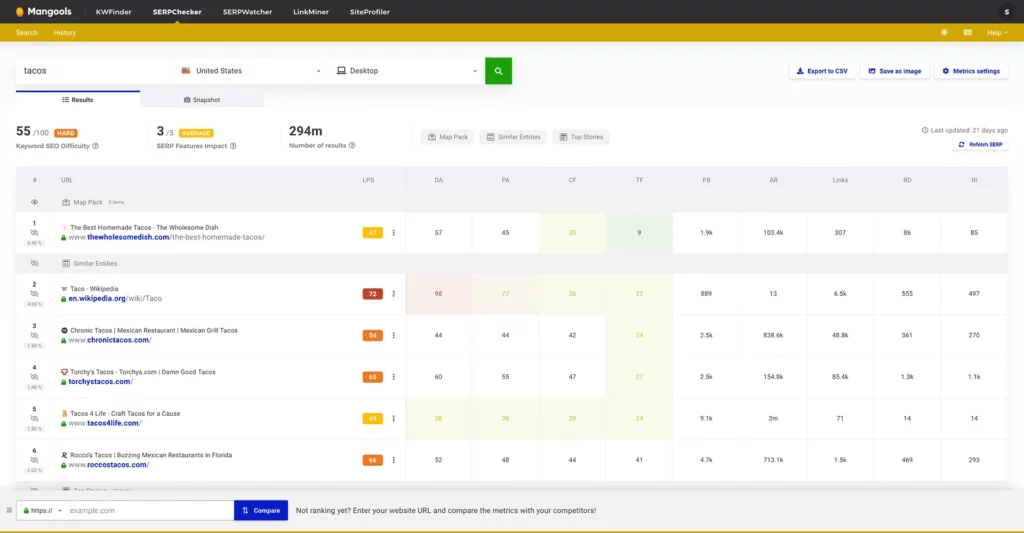
KWFinder also provides detailed SERP analysis tools; however, its focus is more on long-tail keywords designed to boost SEO performance. Its keyword research tool offers comprehensive data such as search volume trends, competition level, and keyword suggestions based on root words or phrases provided by the user.
Ahrefs vs KWFinder: Backlink Analysis Comparison
One of the many benefits of Ahrefs and KWFinder is their powerful backlink analysis tools. These allow website owners to gain invaluable insight into their competitors’ SEO strategies and performance. With these tools, you can learn which sites link to yours, track your competitors’ backlinking efforts, and uncover opportunities to increase link-building.
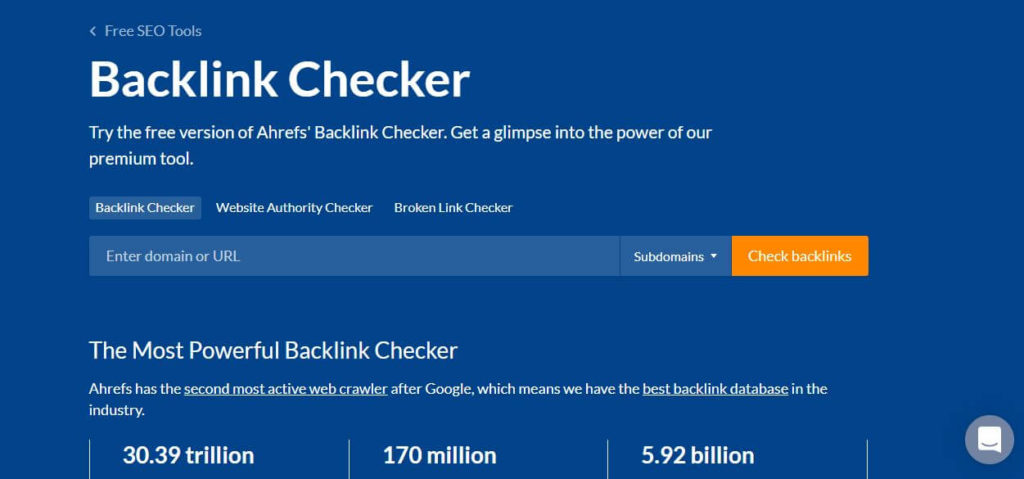
The main difference between Ahrefs vs KWFinder when it comes to backlink analysis lies in terms of which metrics they focus on. While Ahrefs focuses primarily on domain authority and referring domains, KWFinder offers more detailed link data, such as anchor text used for the link and page authority. Additionally, KWFinder has a stronger focus on long-tail keywords, making it an ideal tool for SEO.
To be more precise, Ahrefs offers a robust Backlink Analysis tool that provides an in-depth look at the quality of your competitor’s backlinks. Moreover, it can filter results based on specific criteria such as link type, anchor text, page authority, language, etc.
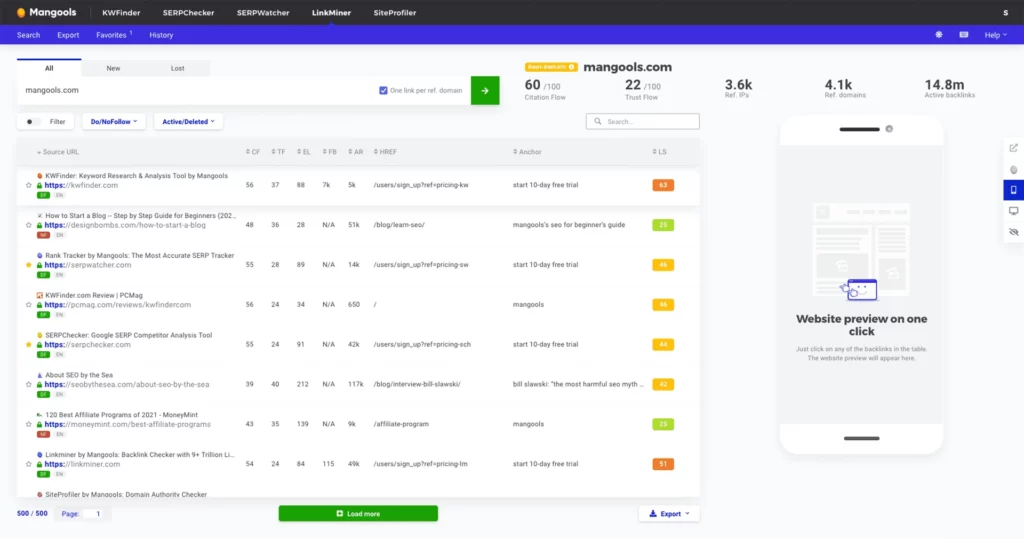
KWFinder also has a comprehensive backlink analysis tool that allows users to analyze all links pointing to competitor sites. Its backlink comparison feature enables users to compare their website’s backlinks with those of their competitors to identify where they might be losing out on potential backlinks or where new opportunities may lie.
Backlink Database
Ahrefs’ backlink database is one of the largest and most comprehensive on the Internet, with links from a variety of sources, including social media, webpages, blogs, and images. It offers a look at your competitors’ link-building strategies by providing data such as domain authority, referring domains and pages, organic keywords, and more. Additionally, users can filter results based on specific criteria such as link type, anchor text used for the link, and page authority.
KWFinder’s backlink analysis tool provides detailed information about the number of linking domains each website has received, along with the total number of links from each domain and anchor texts.
Backlink Audit Tool
Ahrefs’ Backlink Audit Tool is an essential part of any SEO strategy, helping to identify and clean up any malicious links that could damage a website’s reputation. This tool helps users quickly analyze their backlinks for quality and detect damaging links.
KWFinder’s Backlink Audit Tool is designed to help users discover potential opportunities for link-building by analyzing all the backlinks pointing to competitor sites. The data provided by the tool includes the number of linking domains, the total number of links from each domain, anchor text used for the link, and more.
Backlink Monitoring Tool
Ahrefs’ Backlink Monitoring Tool is designed to help users track changes in their backlink profiles and quickly identify any new or lost links. With it, users get detailed information about each link, such as anchor text, link type, referring domain, and authority. This helps ensure that a website’s backlink profile remains clean and free from any damaging links that could affect its rankings.
KWFinder’s Backlink Monitoring Tool offers a similar range of features as Ahrefs, with the added benefit of setting up alerts for any new links found pointing to a particular website. KWFinder also offers more detailed data than Ahrefs, including the estimated organic monthly traffic for each link.
Pros & Cons: Ahrefs vs KWFinder
As you have seen through our Ahrefs vs KWFinder comparison so far, both of these options have many positive sides. However, they come with several drawbacks that can be a dealbreaker for many. To keep everything clear, we’ve detailed below the good and bad sides of both these options so you can make the right choice for you.
Ahrefs Pros & Cons
As a powerful SEO tool that can help boost your business’ brand, Ahrefs offers plenty of things—from in-depth keyword research to comprehensive backlink analysis. However, we can’t only show the good sides and call this an honest review. Hence, the following are some pros and cons of this tool.
Pros
- Comprehensive backlink analysis tool that provides detailed information about domain authority and referring domains
- Includes a backlink audit tool to identify any potentially damaging links
- The Backlink monitoring tool helps users track changes in their backlink profile
Cons
- It does not offer as much detail on link data
- It does not provide an estimation of organic monthly traffic
KWFinder Pros & Cons
KWFinder is one of the ultimate tools for discovering profitable keywords. With the simple UI, this tool can help you improve your online visibility and attract more organic traffic. However, just like Ahrefs, it, too, has some drawbacks. Following, we’ll share some positive and negative sides of KWFinder.
Pros
- Detailed link data, including anchor texts used for the link and page authority
- Strong focus on long-tail keywords
- Offer a comparison feature that allows users to compare their own website’s backlinks with those of their competitors
- Offers an estimation of organic monthly traffic per link
Cons
- It might be too limited for some users
Ahrefs vs KWFinder: Pricing Comparison
Out of the two, Ahrefs is pricier, but that’s because it offers a more comprehensive list of features. Namely, Ahrefs has four pricing plans:

- Lite – Starts at $99 and provides essential data for small businesses and hobby projects. With the Lite plan, users get a site and keyword explorer, site audit, alerts, rank tracking, SEO dashboard, and more.
- Standard – Starts at $199, and it’s recommended for freelance SEOs and marketing consultants. With Ahrefs standard plan, users get everything in the Lite plan plus 6 months of history, position history chart, SERP updates, Site Explorer, content gap, broken backlinks, link interest, and domain and countries comparison.
- Advanced – 2 years of history, a site explorer, site structure, HTML source, site audit, google data studio, HTTP authentication, dashboard folders, and Ahrefs search. The Advanced pricing plan starts at $399, and it’s recommended for in-house marketing teams.
- Enterprise – Starts at $999 and is ideal for agencies and larger enterprises. With it, you get everything from the advanced plan, access management, unlimited history, pay by invoice, directory listing, audit log, SSO, and APIs.
On the other hand, we have KWFinder, which offers three pricing plans. Those are:
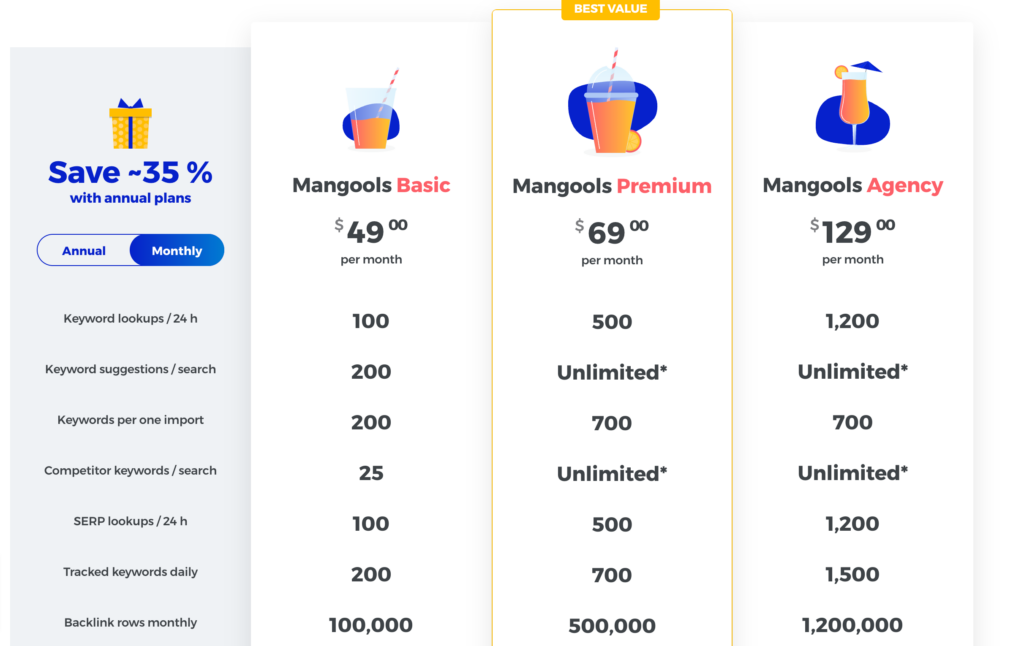
- Basic – It costs $49 and comes with 100 keyword lookups 24/7, 200 keyword suggestions, and 100 SERP lookouts.
- Premium – It costs $69 a month, and you get unlimited keyword lookups and suggestions, 500 SERP lookups, 700 tracked keywords, and more.
- Agency – It costs $129.00, and you get 12 additional seats, unlimited keyword suggestions, 1,200,000 backlink rows, 1200 SERP lookouts, and more.
Ahrefs vs KWFinder: Customer Support
Regarding the customer support feature, both Arhefs and KWFinder have a solid reputation for being responsive and helpful. Ahrefs has a help center available on the website, where users can ask questions or get advice.
The answers are delivered directly from the Arhefs team via email or live chat. Note that they only work 24/5 but are known for being knowledgeable and going above and beyond to help customers resolve issues.
Similarly, KWFinder has a knowledge base section available on their website, and you can reach them through email or live chat. Their team is friendly and responsive, and quick to answer any problems.
Conclusion
When comparing Ahrefs and KWFinder, it’s clear that both tools offer a range of features to help users with their SEO efforts. Ahrefs offers more comprehensive plans for larger businesses or agencies, while KWFinder is better suited for freelancers, startups, and marketers operating on a budget.
So which one wins the Agrefs vs KWFinder battle? That is entirely up to you! Which one you pick depends on your specific needs and preferences.
FAQs
What is KWFinder?
KWFinder is a keyword research tool designed to help users discover relevant and profitable keywords for their SEO efforts.
How does Ahrefs differ from KWFinder?
Ahrefs offers a more comprehensive suite of services and features than KWFinder, including data-rich SEO tools such as site explorer and SEO dashboards.
Does Ahrefs have customer support?
Yes, Ahrefs has customer support available through live chat or email during business hours. The agents are helpful and known to do everything they can to give you an accurate and straightforward answer.


